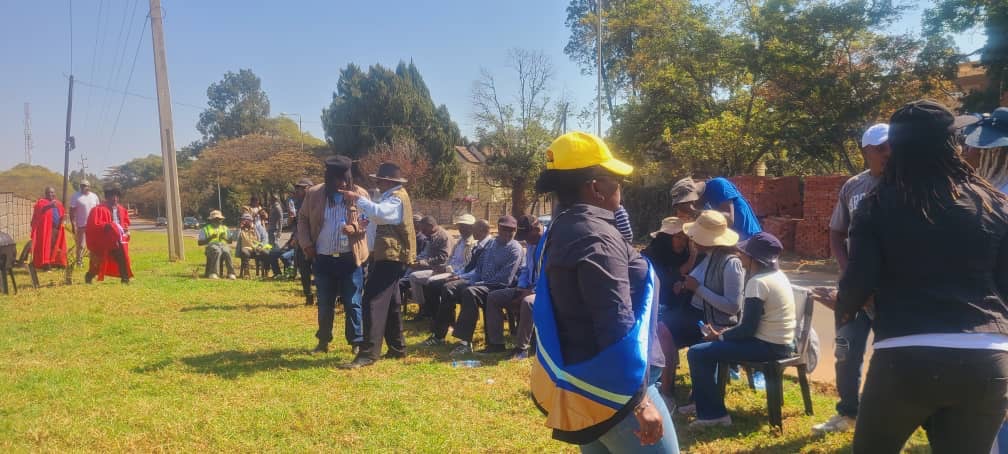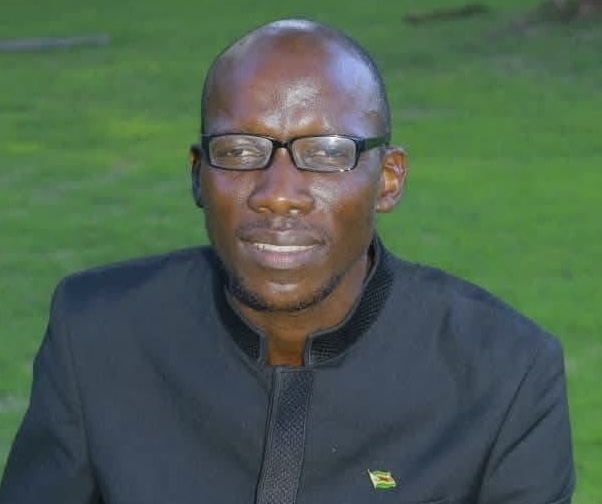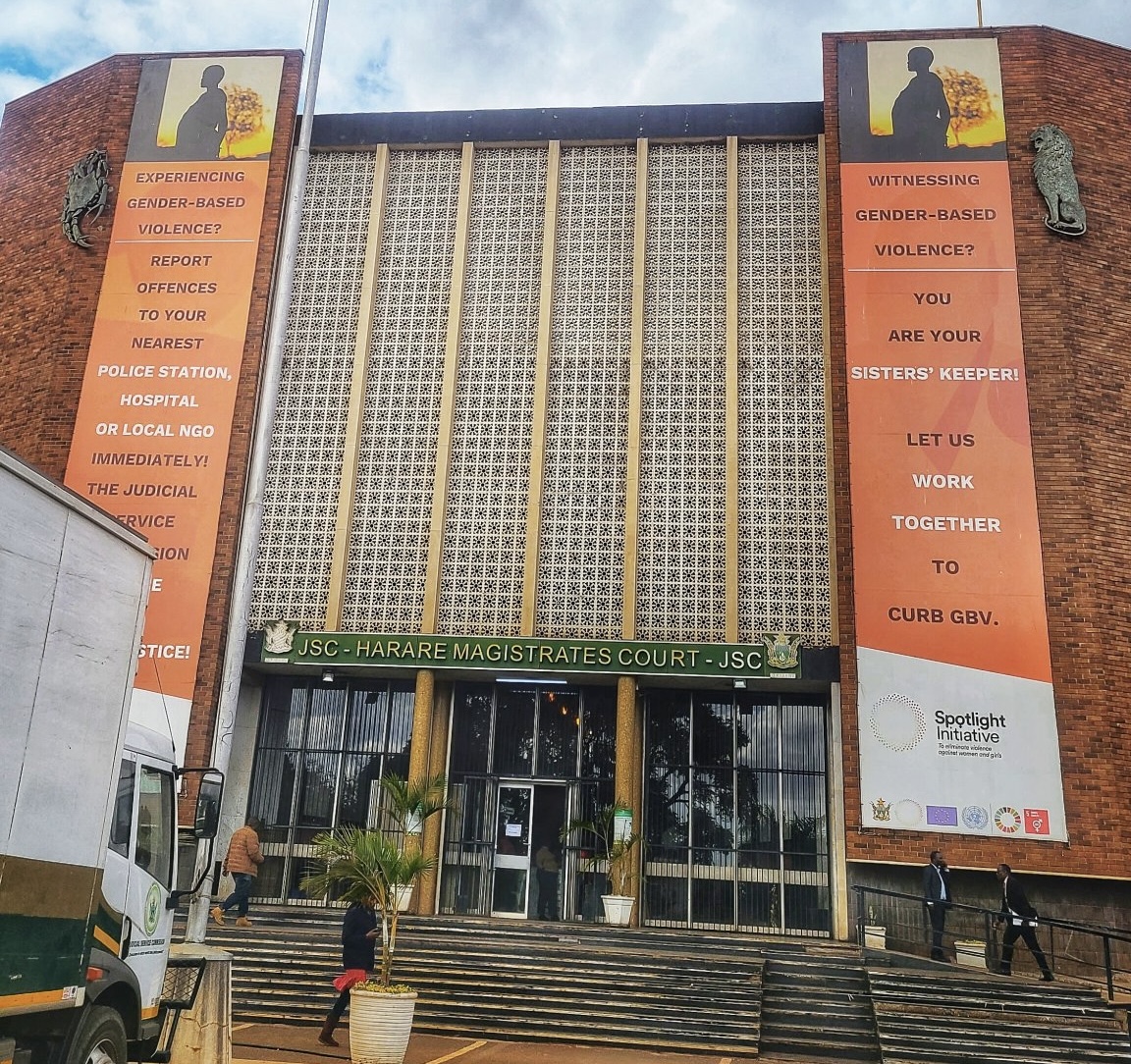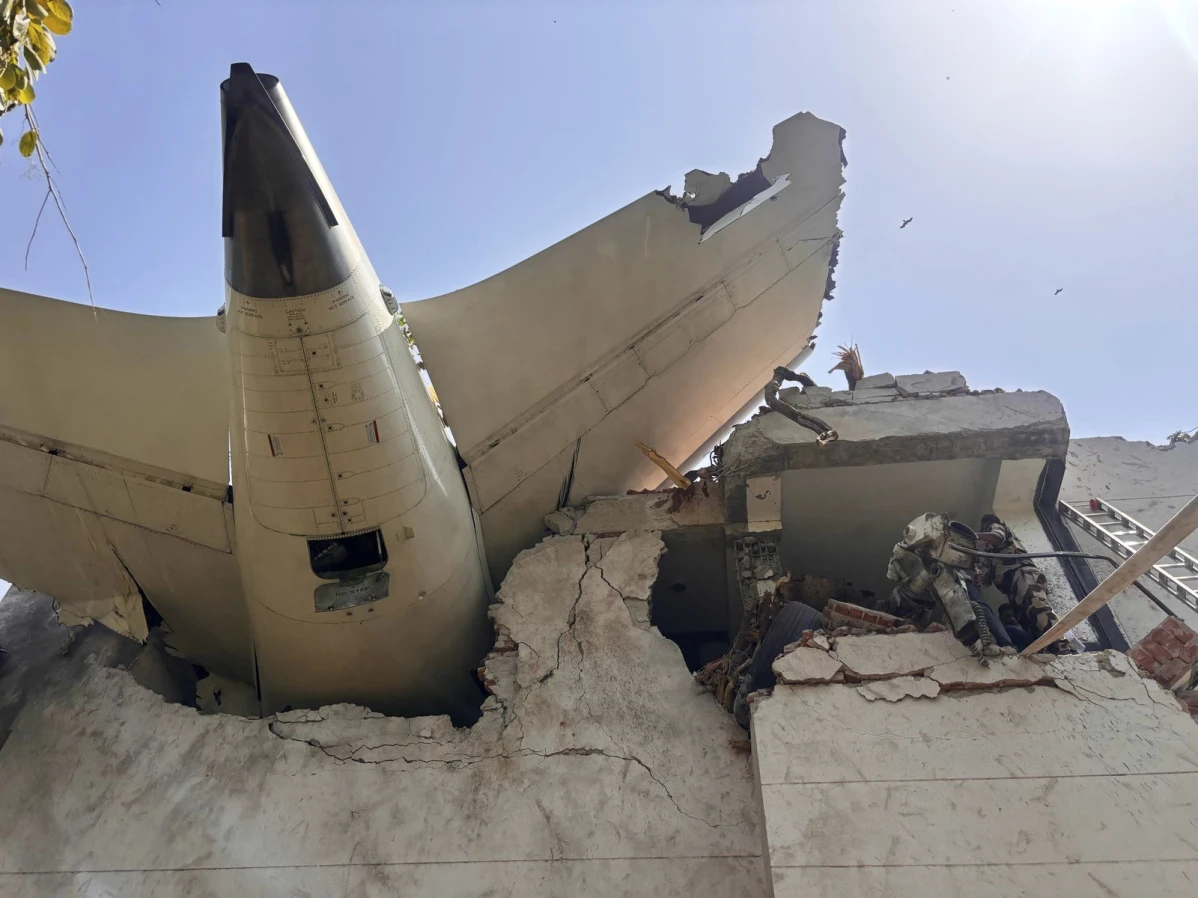HARARE – MPs demanded a ministerial statement from higher and tertiary education minister Frederick Shava as a strike over poor pay by University of Zimbabwe lecturers entered its 58th day on Tuesday.
Lawmakers accused Shava of routinely snubbing parliament as the crisis at the university deepens.
Charles Moyo (CCC) described the situation at UZ as “chaotic” and a “sheer waste of time” for students, warning that dissertations are going unsupervised, exams are not being written, and even newly recruited adjunct lecturers were sometimes not turning up for work.
“Yesterday (Tuesday) there were demonstrations from the lecturers, yet other students are to go for attachments. It seems this semester is a sheer waste of time to students as well as a loss to parents’ hard-earned money,” Moyo said in the National Assembly.
”There is chaos and uncertainty at our institution. If it pleases you Honourable Speaker Sir, I request the absent minister of higher education, innovation, science and technology development to come just once and give us a ministerial statement on the negotiations, deadlocks or practical interventions to bring normalcy to our tertiary institution.”
Speaker of Parliament Jacob Mudenda accepted the request and pledged to notify the minister.
The crisis has escalated in recent days after the university withheld salaries for striking lecturers in an apparent retaliation for their continued industrial action. The lecturers are demanding a return to pre-2018 wage levels of US$2,250 per month for junior lecturers — a steep increase from the current US$230.
Obvious Vengeyi, the spokesman for the Association of University Teachers (AUT), slammed the move as an attempt to intimidate lecturers back to work.
“Of course, it is an act of trying to force our members to return to work for the US$230 they initially rejected. It’s a way of arm-twisting certain members of our community to resume teaching,” Vengeyi said.
He added that the salary cuts had only strengthened the lecturers’ resolve.
“Many here who have not been paid have resolved that, whether they receive the US$230 or not, they will not return. Until junior lecturers get US$2,250, we will not go back to class.”
The university has remained officially silent on the strike but has hired adjunct lecturers in an attempt to fill gaps left by striking staff. However, the AUT has dismissed the replacements as largely unqualified and ineffective.
“There is no teaching happening at the university. No supervision is taking place. A few scabs have been hired to replace — sort of — the lecturers on strike,” Vengeyi added.
















